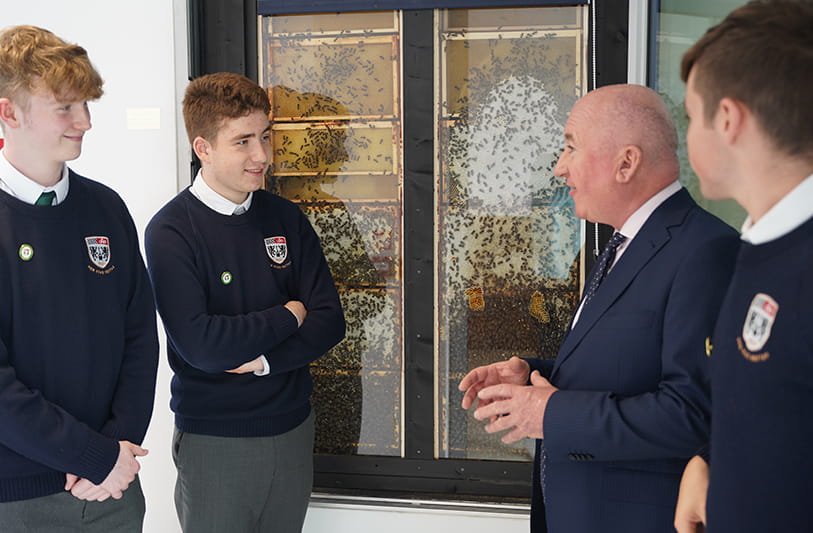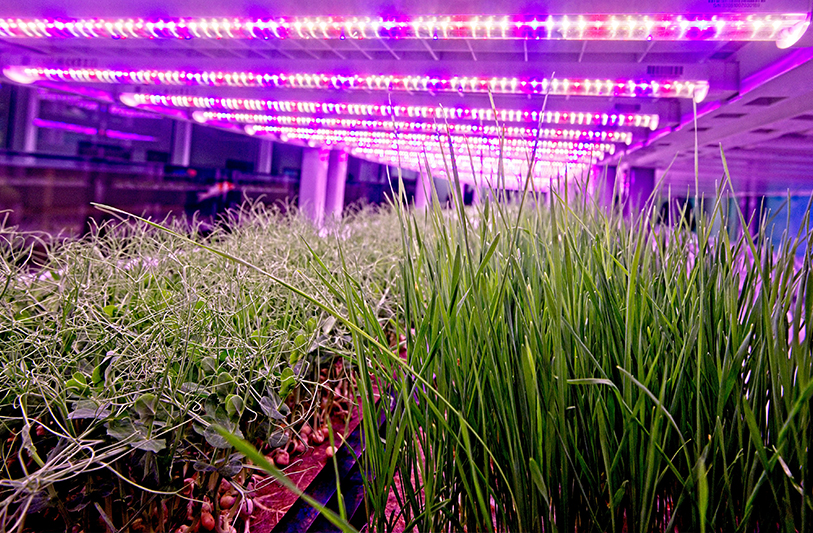By Garret Molloy, Alumni of Belvedere College, 2017 Global High Schools Prize Winner
As we grapple with the imminent climate crisis, it becomes crucial to consider the financial aspects of sustainable transformation. Figures like Isabel Schnabel, a member of the European Central Bank’s (ECB) Executive Board, and Irene Heemskerk, Head of ECB Climate Centre, have emphasised the risk of climate-induced inflation leading to long-term pressures, especially in developing economies reliant on commodities. These pressures stem from factors like 'climateflation,' 'fossilflation' and 'greenflation.'
These issues share a common challenge—they demand substantial upfront capital. To facilitate a rapid transition to a net-zero economy, we need to break down investment barriers. One promising solution is Green Targeted Long Term Refinancing Operations (TLTROs). Proposed by experts like Positive Money Europe, these Green TLTROs would offer banks reduced interest rates for green lending, ensuring low-cost funding for environmentally friendly projects. This approach not only counters inflationary pressures but also aligns with our moral duty to foster a sustainable future.
These stressors, which drive long-term climate-based inflation, include climateflation, representing the damage caused to our economy's productive capacity by rising sea levels that destroy transport infrastructure. The second stressor, fossilflation, is the simple cost of transitioning away from fossil fuels themselves and building renewable energy.
Finally, greenflation is the rise in price brought about by the transition to a carbon-neutral economy. Investment in new production practices, machinery and technologies require significant business costs. Like crude oil the commodities, which will fuel the green transition such as lithium and copper, are volatile and require long- term capital investments to meet demand.
Ultimately, the common factor underlying these stressors is their capital-intensive nature. Thus, investments in ‘green’ projects require low interest rates to incentivise their development, as they require large amounts of upfront cash. Any short- term tightening in monetary policy will result in the underinvestment in capital intensive green projects. Now more than ever we need to reduce barriers to investment to enable a rapid net zero transition.
Positive Money Europe and other green monetary policy experts have tabled Green TLTROs as a method to keep interest rates low for green investment. Currently TLTROs offer banks lower interest rates for offering loans to nonfinancial businesses and households. These discounts are up to 50 basis points below the average interest rate in the deposit facility. Put simply, the ECB and other central banks should implement green TLTROs. These TLTROs would offer lower interest rates to banks that engage in green lending. Thereby preventing green investments experiencing the current credit crunch.
On a purely pragmatic plane, this unconventional monetary policy action would prevent long term climate based inflationary pressures, of climateflation, fossilflation and greenflation. More pressingly, on a moral plane, we must seek to ensure all our institutions work to promote a net zero transition, for the planet and the future longevity of all its peoples.
.svg?iar=0&hash=670E3638BC16C0DD69B262DD1184DEA8)



